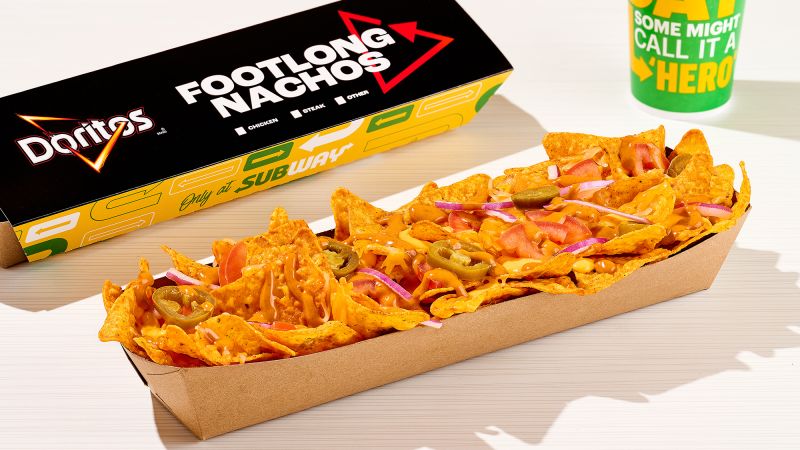
Flexibility is the best weapon against uncertainty, especially during times of economic uncertainty. We pivot in the face of inflation, adjust our discretionary spending, trade down or make trade-offs.And in this environment, some flexibility when we make the transactions themselves at the register or online may be the lifeline that keeps some spending intact, even among higher earning households that have relatively more spending power than consumers with less take home pay.
Pay-Later Boom?Pay-later plans — particularly those linked to credit cards, which are a preferred method of payment for those wealthier consumers, roughly half of whom are living paycheck to paycheck — will likely see a boost as tariffs impact the economy and everyone eyes pricing warily.Last year, PYMNTS Intelligence, working in collaboration with Splitit, found that consumers found value in card-linked pay-later plans, where users spent 2x more than with other payment options, including buy now, pay later plans. In essence, they’re leveraging a payment vehicle already favored for rewards and security.

In that report, the data shows that the median transactions on card-linked plans came to $1,500, indicating that they’ve been used to finance larger ticket items. The card-linked plans are becoming more prevalent across retail, as 37% of merchants headed into the end of last year offered them, a 16% jump over 2023. More than half of merchants have said they felt individuals would spend more on higher priced offerings were card-linked offers available.
Fifty-seven percent of merchants queried during our research said that they were convinced consumers are at least somewhat likely to switch to a competitor for card-linked installments, so they’re certainly eyeing how to fit those plans more visibly into checkout activities to incentivize consumers to use their cards — and boost sales conversions in the process.Separate data in the “Pay Later Revolution” report from last month details that only 7.3% of the overall population uses credit card installment plans, which indicates how nascent the market is.
But in Wednesday’s (April 2) report on the paycheck-to-paycheck economy, connecting some dots illuminates why higher earners may prove to be the consumers who use card-linked options. We’re seeing a rise in reactive financial management and buying, as more than half of higher income earners fall into that category, which suggests that pressures such as inflation are having at least some impact on spending.Unplanned retail spending — a splurge or a necessary expense, such as a repair — is a regular occurrence for most Americans of all income levels.
Unsurprisingly, higher income individuals are much more likely, at 44%, to make impulse purchases than are consumers with lower incomes. Our data indicates that credit cards are the most common payment method for both impulse (35% of overall spending) and emergency (33%) purchases of $250 or more. Separately, and as can be seen here, 25% of the card debt carried by consumers making at least $100,000 annually has an installment component, the highest rate among all of the income levels surveyed.
The average credit card limit in the higher earning cohort is more than $9,500, and the average outstanding balance on those cards stands at a bit more than $6,000 — a nod to the fact that there is at least some untapped spending power left on those cards, even as the balances that are tied to installments are being paid down. The post Paycheck-to-Paycheck High Earners Could Seek Relief in Credit Card Installments appeared first on PYMNTS.com.
.








_8.jpg?itok=wp-xhXRB)





